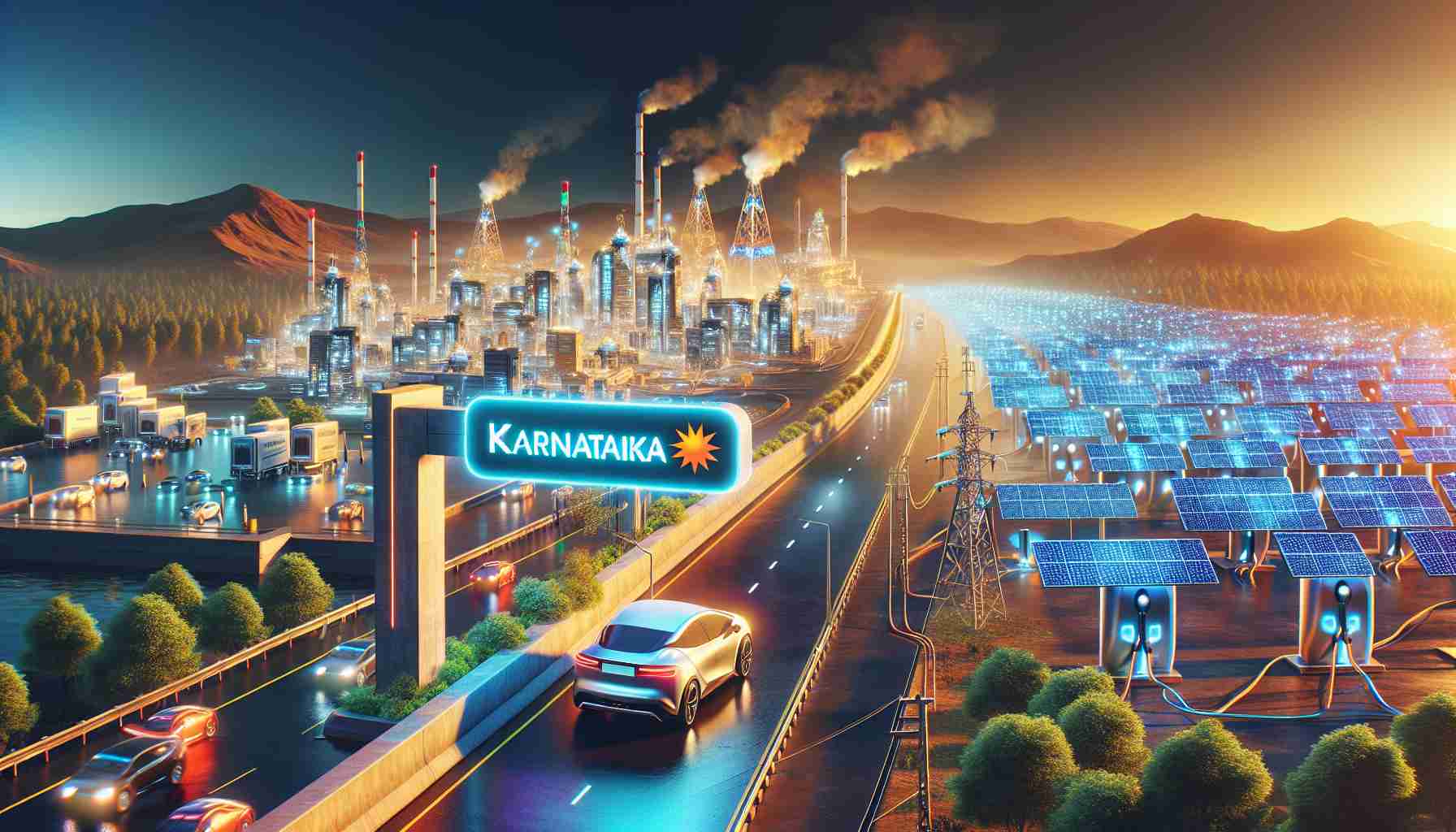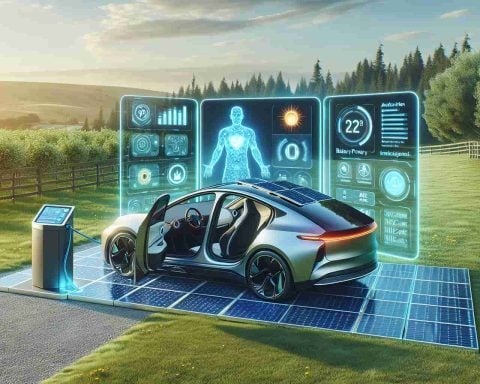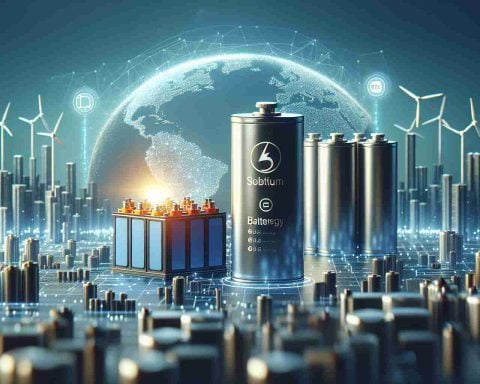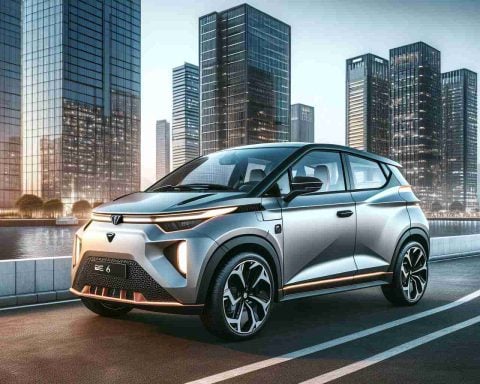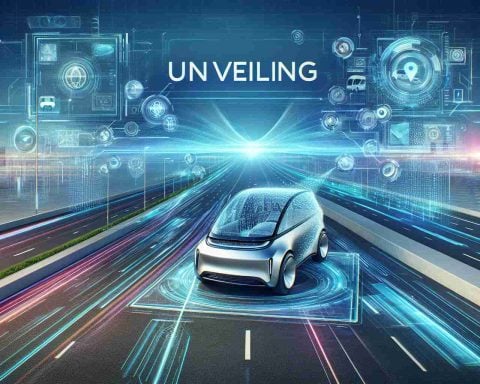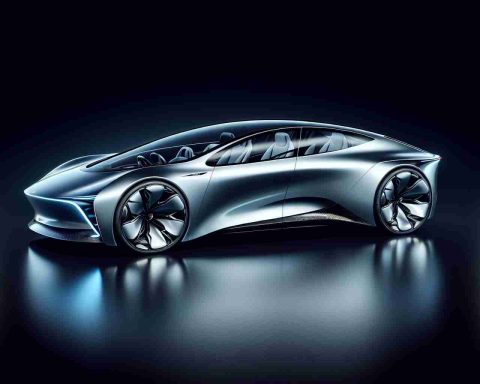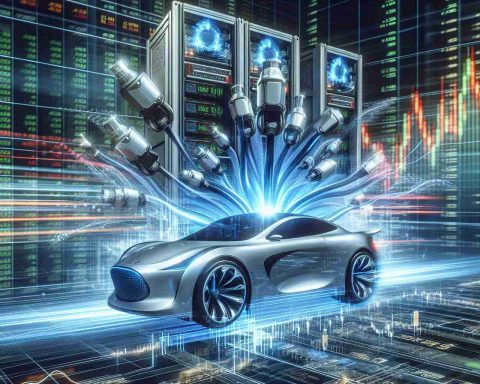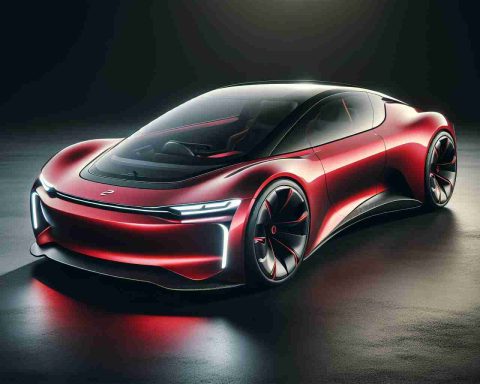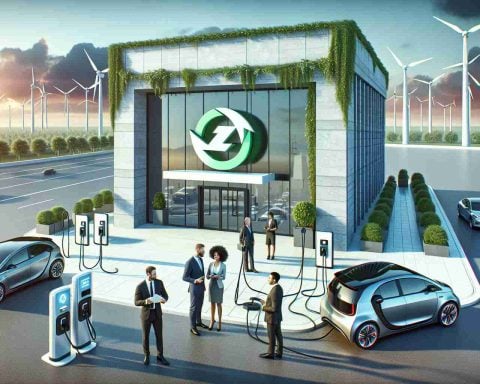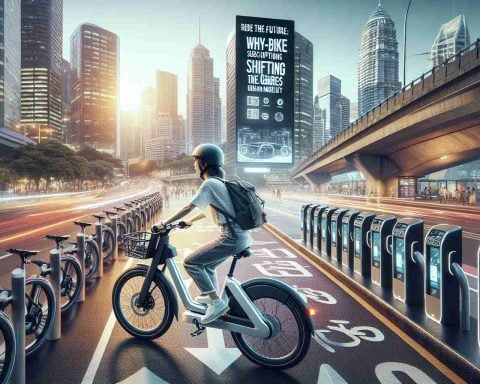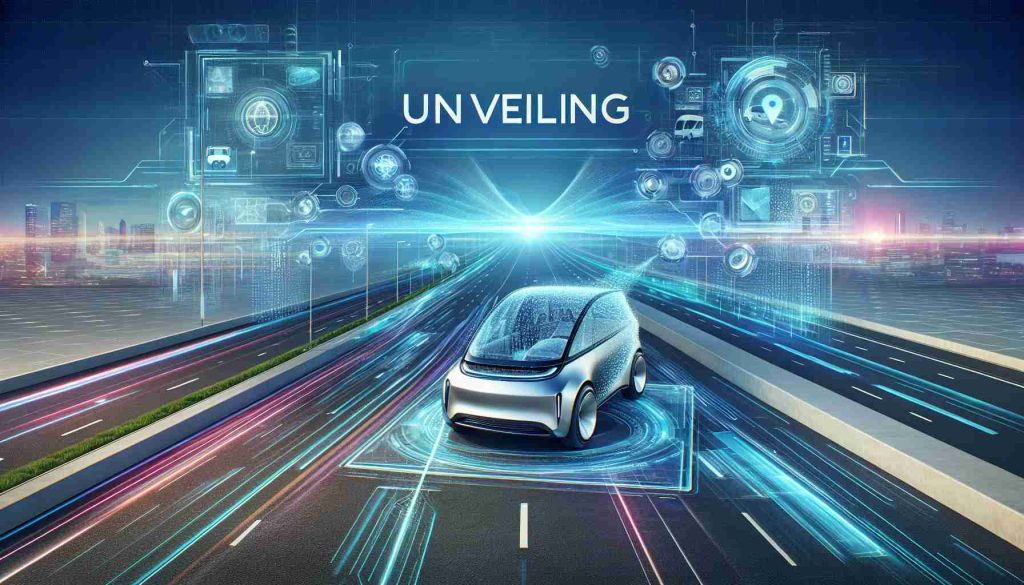- India’s EV landscape is set to transform with a partnership between Epsilon Group and the Government of Karnataka, backed by a INR 15,350-crore investment.
- Epsilon Group will focus on sustainable battery material production, particularly Graphite Anode and Lithium Iron Phosphate (LFP) Cathode, enhancing India’s EV supply chain.
- Karnataka aims to be a central player in India’s energy transition, supporting job creation and sustainable development through this initiative.
- The Inspire Energy Research Center will drive innovation in battery technology, benefiting Indian cell manufacturers with locally produced materials.
- This initiative aligns with India’s goal of becoming a leader in global battery technology, reducing reliance on imports and fostering economic growth with clean energy.
India’s electric vehicle journey charges ahead as Epsilon Group partners with the Government of Karnataka, igniting a new era of innovation and self-reliance. This landmark initiative, a staggering INR 15,350-crore commitment, promises to transform India’s EV landscape over the next decade. Picture sprawling facilities dedicated to manufacturing and research, rising from the ground as hubs of electric ambition.
At its core, Epsilon will focus on producing sustainable, high-performance battery materials, with a keen eye on Graphite Anode and Lithium Iron Phosphate (LFP) Cathode production. By doing so, the company aims to weave resilience into the fabric of India’s EV supply chain. This bold step does not merely pivot India’s dependency away from imports; it shines a spotlight on self-sufficiency, setting the stage for a homegrown battery empire.
Karnataka emerges as a key player in this narrative, embracing its ambition to become the fulcrum of India’s energy transition. With the state’s support, Epsilon is set to create thousands of jobs, fostering an ecosystem that thrives on innovation and sustainable development.
Expect bustling tech labs where Inspire Energy Research Center will conduct cutting-edge R&D, pushing the boundaries of battery technology. The ripple effect? A boost for Indian cell manufacturers, ensuring they access top-tier, locally crafted materials.
Epsilon’s vision aligns with the country’s larger goals: to stand as a titan in global battery technology, unshackled from international dependencies. It’s a tale of transformation, where economic growth meets clean energy, and bold initiatives pave the path to a vibrant, self-reliant India. This venture doesn’t just fuel India’s EV dreams; it turns them into reality, making the nation a beacon of innovation on the world stage.
How Epsilon Group’s Mega Investment Will Revive India’s Automotive Industry
Epsilon Group’s Initiative with the Government of Karnataka: A New Landmark in the EV Sector
The source article highlights Epsilon Group’s substantial investment in India’s electric vehicle sector in partnership with the Government of Karnataka. Yet, there are several relevant facts and questions that surround this bold initiative:
Additional Insights and Developments
1. EV Market Growth in India:
The Indian EV market has been on a trajectory of rapid growth due to government incentives, rising fuel prices, and increasing environmental concerns. By 2030, India aims to have 30% of its vehicles be electric, which aligns with Epsilon’s plans to bolster battery production locally.
2. Key Partnerships and Collaborations:
Epsilon Group’s initiative would necessitate collaborations with local and international technology firms to enhance R&D capabilities, promoting a shared knowledge ecosystem. Collaborations with academic institutions can further drive innovation.
3. Infrastructure Development:
The development of infrastructure such as charging stations is crucial. The recent government push for establishing widespread charging infrastructure helps create a conducive environment for the EV market, which will support Epsilon’s manufacturing goals.
4. Environmental Impact and Sustainability:
While electric vehicles reduce carbon emissions, challenges remain in ensuring that the battery production and disposal processes are environmentally sustainable. Epsilon’s emphasis on sustainable production methods is essential for corporate social responsibility and meeting environmental standards.
Important Questions and Answers
– What are the specific benefits of a Graphite Anode and Lithium Iron Phosphate (LFP) Cathode?
Graphite anodes and LFP cathodes are known for their stability, safety, and longer lifecycle in battery applications. LFP batteries, in particular, offer thermal stability and are less prone to overheating, making them safer and more reliable for electric vehicle applications.
– How will this investment impact the local economy in Karnataka?
Epsilon’s investment in Karnataka will likely create significant job opportunities, stimulate local industries, and attract further investments. By developing a robust EV supply chain, it can set a precedent for other states, becoming a central hub for India’s electric mobility transition.
– What are the challenges Epsilon might face in this initiative?
Potential challenges include technological advancements in EV technology, global market competition, raw material sourcing for battery production, and adapting to evolving regulatory landscapes both locally and internationally.
– What is the potential impact on India’s dependency on imports for EV technology?
By establishing local production capabilities, India can reduce its reliance on imports for critical components, fostering innovation and enhancing its position in the global EV technology arena.
Suggested Links
– Epsilon Group
– Government of Karnataka
– Government of India
By incorporating these additional insights and addressing key questions, the full scope of Epsilon’s ambitious project within India’s EV sector becomes clearer. This not only illustrates Epsilon’s strategic vision but also paints a comprehensive picture of the transformational shift that this partnership promises for India’s automotive landscape.
